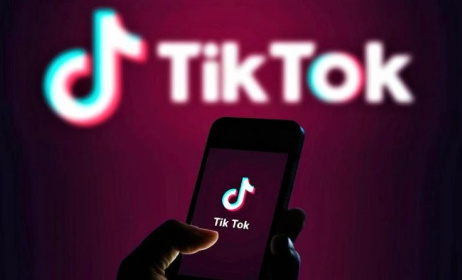WIPO examines artists in the digital music marketplace
The World Intellectual Property Organisation (WIPO) last week published a study on the digital music marketplace in relation to artists
 Music industry lawyer Chris Castle.
Music industry lawyer Chris Castle.
The research report examines the economics and legal aspects of the exploitation of music by streaming platforms. It was conducted by music industry lawyer Chris Castle and Technical University of Madrid professor Claudio Feijoo, and it provides an account of the factors that have led to an imbalance in the digital music ecosystem.
According to the report, the digital music marketplace includes four basic types of exploitation: downloading, streaming, podcasting and non-interactive streaming, which includes music services that the consumer has a limited control over like non-interactive webcasting, broadcast digital radio simulcasting, satellite radio and background music services for business.
The study looks at some of the models being suggested as improvements to the digital ecosystem, such as user-centric payouts and equitable remuneration. WIPO says the market-centric royalty model is a seriously questionable business practice and excludes non-featured performers from payments, in addition to other issues. A record executive who is credited with designing Spotify’s original market-centric deals recently said that the models needed to evolve, according to the report.
But user-centric allocation is unlikely to accomplish the goal of enhancing payments of featured artists or non-featured performer payments, and the widespread rollout of other versions of user-centric proposed by IMPALA and SoundCloud’s ‘fan-powered’ royalties are unlikely to see the light of day due to “entrenched interests, commercial disruption and high transaction costs involved,” WIPO said. “The policy goals and principles of equitable remuneration are best fulfilled by a streaming remuneration in the nature of a communication to the public royalty that is outside of any recording agreement, is not waivable by the performer and it is collected and distributed by performers’ CMOs [collective management organisations].”
Apart from remuneration, recommendation algorithms were singled out as an issue that needed to be examined to assess whether the social value provided by music is being sustained. “Subscribers should have the right to have these mechanisms and their consequences clarified. Likewise, it is vital that the musical work remains the heart of the system. Creation shaped by authors, composers and performers must not be lowered to the rank of ‘product’, in competition with ‘content’ such as background music per kilometre possibly produced by computers, or even non-audio services,” the report says.
“Performers rightly have the feeling that they are doing all the work of creating the music, recording the music, promoting the recordings and driving fans to the platforms – yet everyone seems to be getting rich except the performers. This is why a streaming remuneration payment by the services to performers is such a compelling solution to the systemic imbalance, even if it requires enhancements in the level of performance of CMOs.”
The report notes lack of transparency and unavailable and unreliable data as other challenges that need further investigation. However, it concludes that the digital music marketplace is rich in opportunities that can benefit all stakeholders, and that it should be possible to find an amicable solution legally.
Download the full report in PDF below.


































Comments
Log in or register to post comments